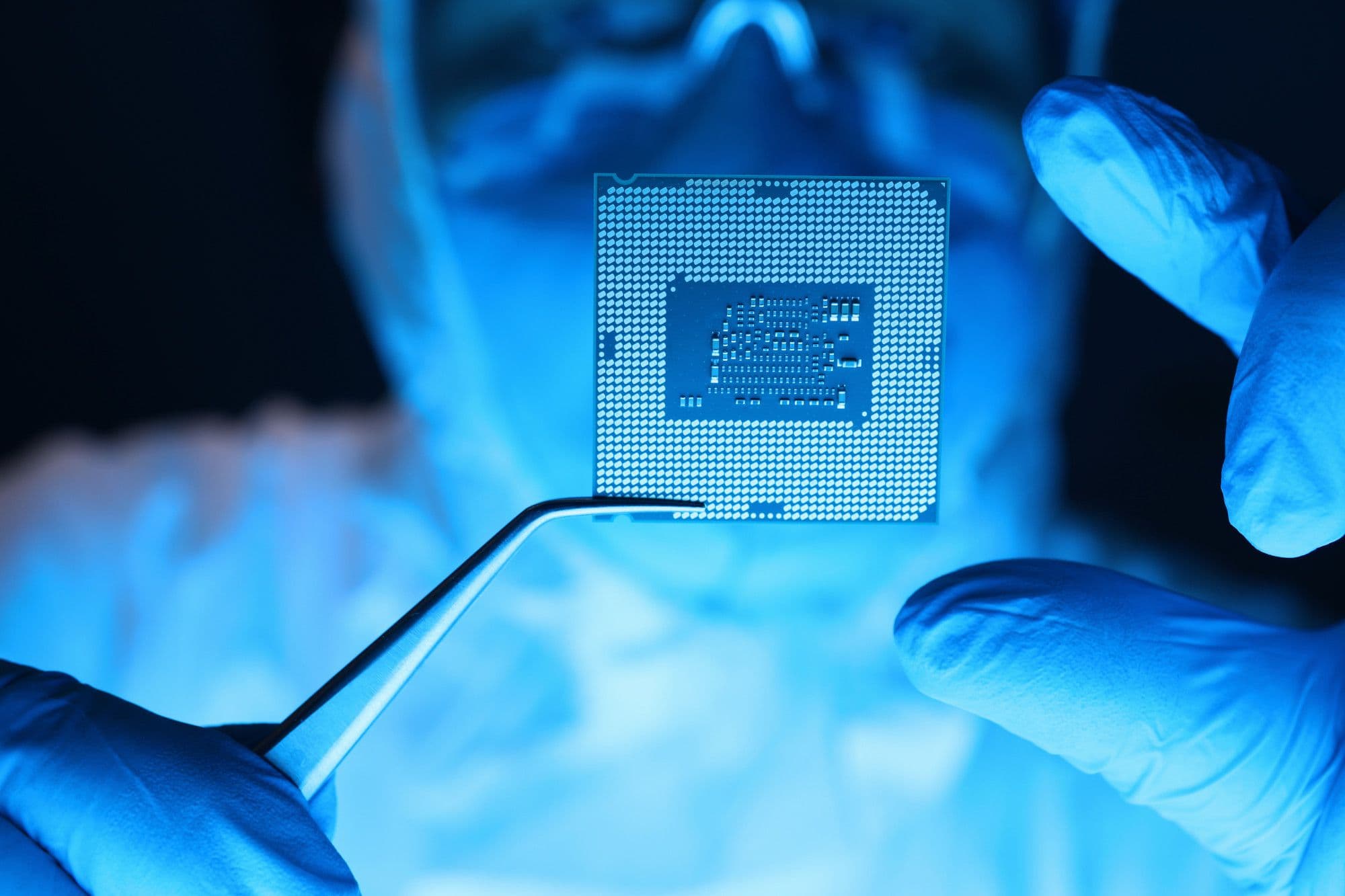Semiconductor Services
Engineering the Future of Silicon
Talendroid is advancing VLSI design by integrating AI-driven automation and cloud-based verification to optimize semiconductor development. Our expertise spans RTL design, synthesis, DFT insertion, and physical design, ensuring high-performance, low-power chip architectures. With a focus on EDA tool integration, we streamline timing closure, power optimization, and yield enhancement.
Advanced Semiconductor Solutions and Services
Talendroid delivers comprehensive semiconductor services tailored to industry needs, ensuring efficiency, scalability, and innovation.
How We Transform

RTL Design and Design Verification
Talendroid’s Semiconductor Design & Verification services ensure high-performance chip architectures with industry-leading RTL design methodologies. We specialize in micro-architecture design and RTL development using Verilog, ensuring efficient design flows. Using EDA tools like Spyglass, we conduct Lint and CDC analysis for clock-domain consistency. Our SOC, ASIC, Processor, and IP Verification employs SystemVerilog and UVM, ensuring functional correctness and integration. With code coverage, functional coverage, and constrained random verification, we optimize reliability and efficiency. Talendroid’s AI-driven automation and scalable EDA workflows enable cutting-edge semiconductor innovation.

Physical Design, Physical Verification and Chip Signoff
Talendroid’s Physical Design, Verification, and Chip Signoff offerings ensure optimized performance, scalability, and reliability in semiconductor development. We specialize in RTL/Netlist to GDSII implementation using industry-standard EDA tools like Synopsys IC Compiler and Cadence Innovus, ensuring seamless design integration. Our expertise covers chip partitioning, floor planning, placement, clock tree synthesis, and global/detailed routing, optimizing power, signal integrity, and efficiency. With physical verification, we conduct DRC, LVS, ERC, DFM, antenna checks, and other validations using Siemens Calibre and Cadence Assura/PVS, ensuring robust compliance before chip signoff.

Design for Testability (DFT)
Talendroid’s Design for Testability (DFT) offerings ensure high-quality semiconductor validation by integrating advanced fault detection and scan-based architectures. Our DFT architecture enables scan compression/non-compression techniques, improving test efficiency and fault coverage. MBIST (Memory Built-In Self-Test) and LBIST (Logic Built-In Self-Test) enhance self-diagnostics, ensuring robustness in memory and logic circuits. With Boundary Scan, ATPG, and Hierarchical Partitioning, we optimize test accessibility and fault isolation, minimizing post-silicon risks. We implement fault models and validation frameworks using industry-standard EDA tools like DFT Compiler, Tetramax, and Tessent, ensuring cost-effective, scalable chip testing and verification.

Analog and Mixed Signal and Foundation IP
Talendroid’s Analog, Mixed-Signal, and Foundation IP solutions enable high-precision semiconductor design, ensuring optimized performance across various applications. We specialize in circuit design for analog and mixed-signal blocks, delivering low-noise, high-efficiency architectures. Our AMS Verification using Verilog-A and Verilog-AMS ensures robust functional validation, maintaining signal integrity and system reliability. We implement full custom layout and physical verification for Analog, Mixed-Signal, and RF designs, leveraging industry-standard EDA tools like Cadence Virtuoso and Siemens Calibre to enhance design accuracy and compliance. Our standard cell and IO cell circuit characterization ensures scalable semiconductor performance, while custom layout and view generation for standard cell and IO libraries facilitate seamless design integration, high-speed processing, and adaptability.

FPGA Design and Validation & Emulation
Talendroid’s FPGA Design, Validation & Emulation services ensure high-performance, scalable solutions for hardware acceleration and embedded systems. Our HDL-based synthesis, timing analysis, and debugging leverage industry-standard tools like Vivado (Xilinx), Quartus Prime (Intel), and ModelSim (Siemens) to optimize design flows. We implement advanced verification methodologies, including simulation, formal verification, and hardware-in-the-loop testing, using Aldec Riviera-PRO and Siemens Questa for robust validation. Our emulation expertise spans Cadence Palladium, Synopsys Zebu, and Siemens Veloce, enabling high-speed prototyping and real-time system validation, ensuring efficient development cycles for next-generation FPGA applications.
